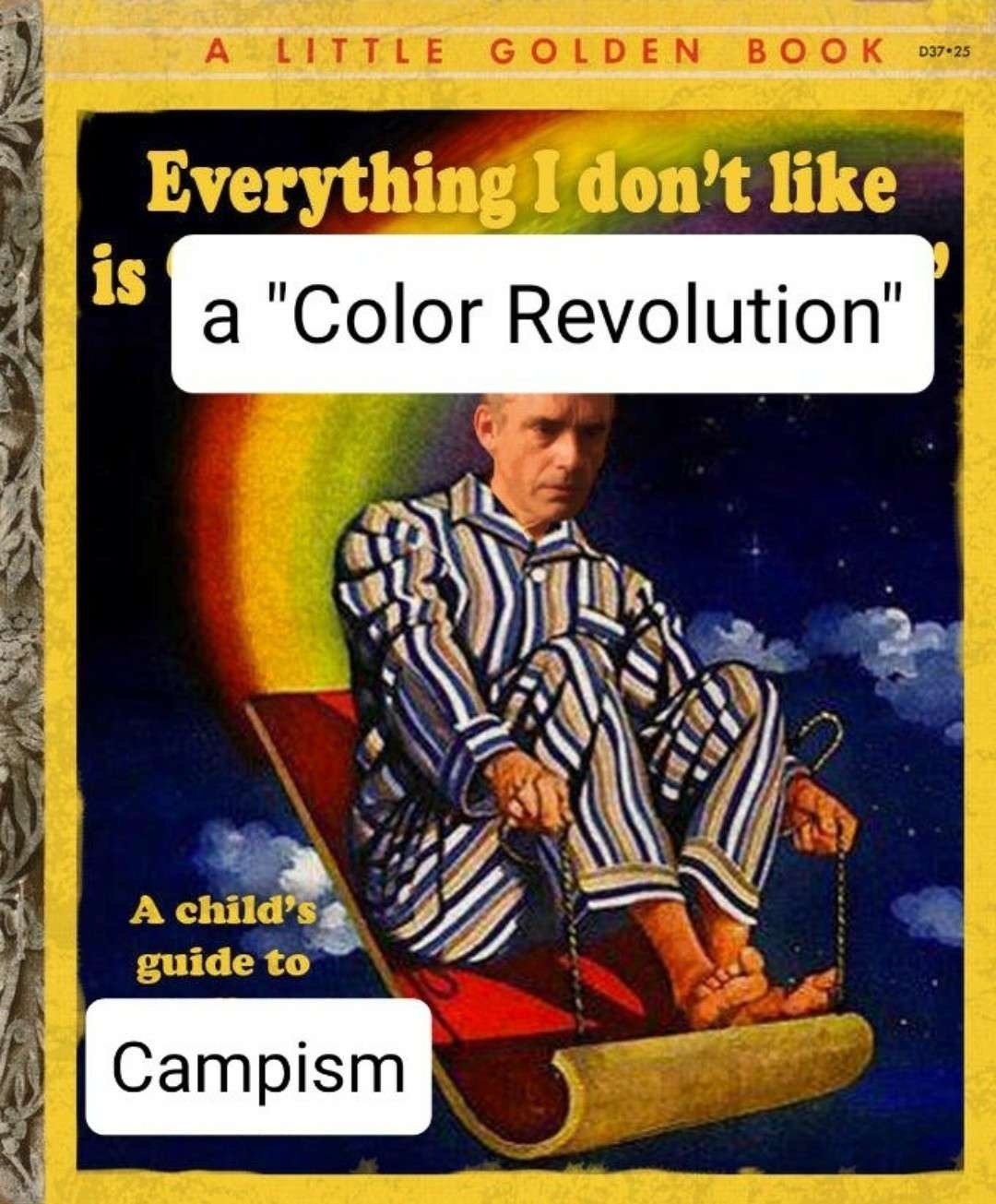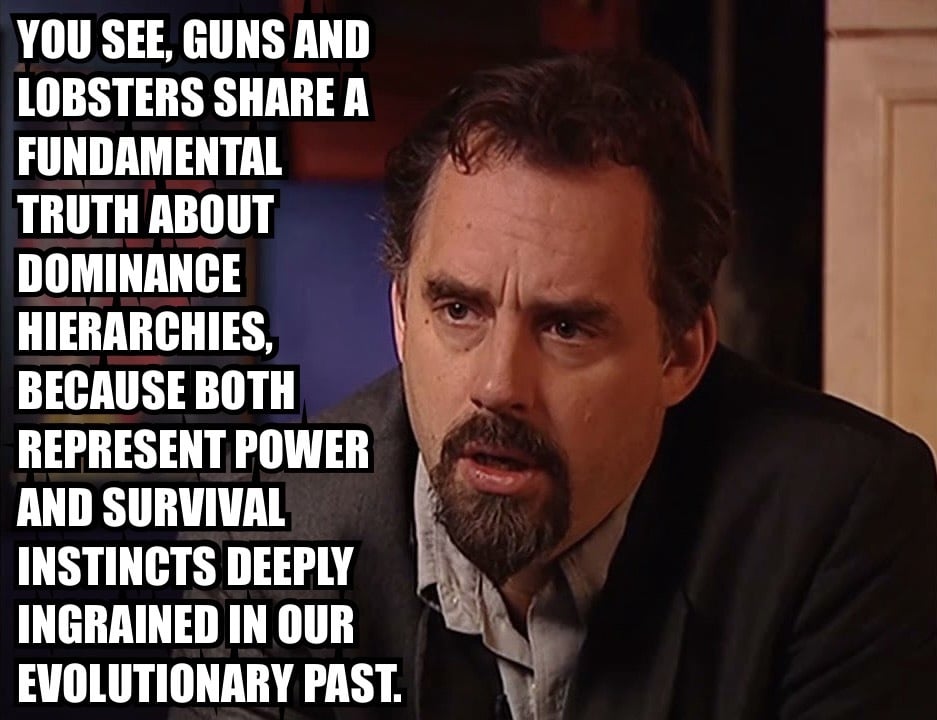Diatribe on the Nature of Happiness, Lobsters, and the Agony of Sensitivity to Criticism
Let me tell you something about happiness, Bucko. You think it’s some ephemeral state, a butterfly you chase through meadows of self-help books and Instagram affirmations? Wrong. Happiness is a biological phenomenon—deeply rooted in the evolutionary substructure of existence. And if you want to understand it, you’d better start with lobsters. Yes, lobsters. Because 300 million years of evolutionary wisdom is nothing to sneeze at.
Lobsters, as you may know—or should know, if you’ve done your homework—live in dominance hierarchies. When a lobster wins a fight, its serotonin levels surge. Serotonin! The same neurotransmitter that governs your mood, confidence, and willingness to stride into a room like you own the place. The victorious lobster stands taller, claws outstretched, exoskeleton gleaming—a titan of the tidal zone. But the defeated lobster? Slumped, skulking, serotonin drained. It becomes hypersensitive to threat, flinching at shadows. Sound familiar?
Now, translate that to humans. You think your sensitivity to criticism is some unique moral failing? Please. It’s an ancient, embodied response to perceived status collapse. When someone critiques you—your work, your ideas, your very being—it triggers a primal alarm: “Are you slipping down the hierarchy? Will you end up alone, starving, crushed under the claws of a better-prepared competitor?” No wonder you recoil. No wonder it hurts. Your biology is screaming, “Danger! Social death imminent!”
But here’s the rub: You’re not a lobster. You’re a human—blessed (or cursed) with self-awareness and the capacity to transcend your biology. So, what’s the path forward? First, understand that happiness isn’t about avoiding pain. It’s about bearing the load. Lobsters don’t get happy by hiding under rocks; they climb the hierarchy by engaging in the brutal, necessary dance of conflict. And you—you think happiness is the absence of suffering? Wrong again. Happiness is the byproduct of meaning, and meaning is forged in the crucible of struggle.
When you’re hypersensitive to criticism, it’s because you’ve conflated your fragile ego with your worth. You’ve mistaken your current position in the hierarchy for your eternal fate. But here’s a secret: Hierarchies aren’t static. Lobsters molt. They shed their shells and regrow them, larger, stronger. And you? You can molt too. You can shed the brittle carapace of insecurity and replace it with the armor of competence. How? By facing the damn criticism. By asking, “What here is true, and how can I use it to ascend?”
Stop catastrophizing. Your boss’s nitpicking, your partner’s sigh, the anonymous troll’s jab—these are not existential threats. They’re feedback. And feedback is the universe’s way of saying, “Hey, here’s a map to a better version of you… if you’re brave enough to read it.” The lobster doesn’t sulk after a loss; it recalibrates. It learns. It returns to the arena.
So, stand up straight. Shoulders back. Serotonin isn’t just handed out—it’s earned through confrontation with chaos. You want happiness? Stop demanding the world cushion your fragile psyche. Instead, become someone worthy of respect, starting with self-respect. Clean your room. Master a skill. Speak your truth, even if your voice shakes. And when criticism comes—and it will—metabolize it. Let it fortify you, not paralyze you.
Because here’s the ultimate truth: The most reliable antidote to sensitivity isn’t thicker skin; it’s a nobler aim. Lobsters fight for survival. You? You can fight for something transcendent—a life of responsibility, meaning, and yes, even joy. But you’ll have to claw your way there.
Now, go forth. The tide’s coming in.





Diatribe on the Nature of Happiness, Lobsters, and the Agony of Sensitivity to Criticism
Let me tell you something about happiness, Bucko. You think it’s some ephemeral state, a butterfly you chase through meadows of self-help books and Instagram affirmations? Wrong. Happiness is a biological phenomenon—deeply rooted in the evolutionary substructure of existence. And if you want to understand it, you’d better start with lobsters. Yes, lobsters. Because 300 million years of evolutionary wisdom is nothing to sneeze at.
Lobsters, as you may know—or should know, if you’ve done your homework—live in dominance hierarchies. When a lobster wins a fight, its serotonin levels surge. Serotonin! The same neurotransmitter that governs your mood, confidence, and willingness to stride into a room like you own the place. The victorious lobster stands taller, claws outstretched, exoskeleton gleaming—a titan of the tidal zone. But the defeated lobster? Slumped, skulking, serotonin drained. It becomes hypersensitive to threat, flinching at shadows. Sound familiar?
Now, translate that to humans. You think your sensitivity to criticism is some unique moral failing? Please. It’s an ancient, embodied response to perceived status collapse. When someone critiques you—your work, your ideas, your very being—it triggers a primal alarm: “Are you slipping down the hierarchy? Will you end up alone, starving, crushed under the claws of a better-prepared competitor?” No wonder you recoil. No wonder it hurts. Your biology is screaming, “Danger! Social death imminent!”
But here’s the rub: You’re not a lobster. You’re a human—blessed (or cursed) with self-awareness and the capacity to transcend your biology. So, what’s the path forward? First, understand that happiness isn’t about avoiding pain. It’s about bearing the load. Lobsters don’t get happy by hiding under rocks; they climb the hierarchy by engaging in the brutal, necessary dance of conflict. And you—you think happiness is the absence of suffering? Wrong again. Happiness is the byproduct of meaning, and meaning is forged in the crucible of struggle.
When you’re hypersensitive to criticism, it’s because you’ve conflated your fragile ego with your worth. You’ve mistaken your current position in the hierarchy for your eternal fate. But here’s a secret: Hierarchies aren’t static. Lobsters molt. They shed their shells and regrow them, larger, stronger. And you? You can molt too. You can shed the brittle carapace of insecurity and replace it with the armor of competence. How? By facing the damn criticism. By asking, “What here is true, and how can I use it to ascend?”
Stop catastrophizing. Your boss’s nitpicking, your partner’s sigh, the anonymous troll’s jab—these are not existential threats. They’re feedback. And feedback is the universe’s way of saying, “Hey, here’s a map to a better version of you… if you’re brave enough to read it.” The lobster doesn’t sulk after a loss; it recalibrates. It learns. It returns to the arena.
So, stand up straight. Shoulders back. Serotonin isn’t just handed out—it’s earned through confrontation with chaos. You want happiness? Stop demanding the world cushion your fragile psyche. Instead, become someone worthy of respect, starting with self-respect. Clean your room. Master a skill. Speak your truth, even if your voice shakes. And when criticism comes—and it will—metabolize it. Let it fortify you, not paralyze you.
Because here’s the ultimate truth: The most reliable antidote to sensitivity isn’t thicker skin; it’s a nobler aim. Lobsters fight for survival. You? You can fight for something transcendent—a life of responsibility, meaning, and yes, even joy. But you’ll have to claw your way there.
Now, go forth. The tide’s coming in.